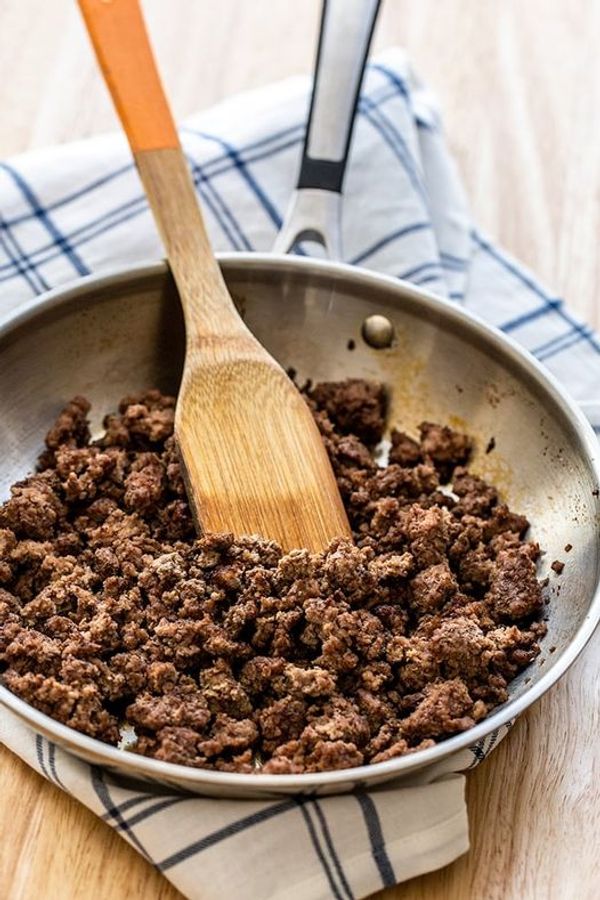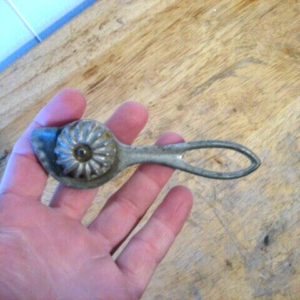Ground beef is a versatile ingredient that is commonly used in dishes like tacos and spaghetti. However, there is a debate among cooks about whether or not to rinse ground beef before or after cooking. Let’s take a closer look at both sides of the argument.

Advocates for Rinsing
Some kitchen enthusiasts believe that rinsing ground beef can help reduce the fat content and create a leaner dish. They argue that rinsing can be the hero that saves your meal from becoming a greasy catastrophe. This can be particularly appealing if you are trying to cut down on calories or simply want a less oily meal.
Arguments against Rinsing
On the flip side, many cooks argue against rinsing ground beef, emphasizing the potential loss of flavor. They assert that rinsing ground beef risks washing away some of the savory juices that make your dish delicious. The fat and juices significantly contribute to the taste and texture of the dish, and removing them can result in a bland and dry meal.
Messy Process and Plumbing Risks
In addition to the flavor concerns, rinsing ground beef can be a messy process, making it more of a hassle than a help. Furthermore, it poses a plumbing risk if the fat is rinsed down the drain. As the fat cools, it can solidify and clog pipes, leading to slow drainage and potentially costly repairs. Proper fat disposal involves letting it cool, solidify, and scraping it into a container to be thrown away.
Ultimately, whether or not to rinse ground beef is a matter of personal preference. Consider the factors discussed here and decide based on your desired outcome. So, the next time you’re cooking with ground beef, keep in mind the potential pros and cons of rinsing before making your final decision.



